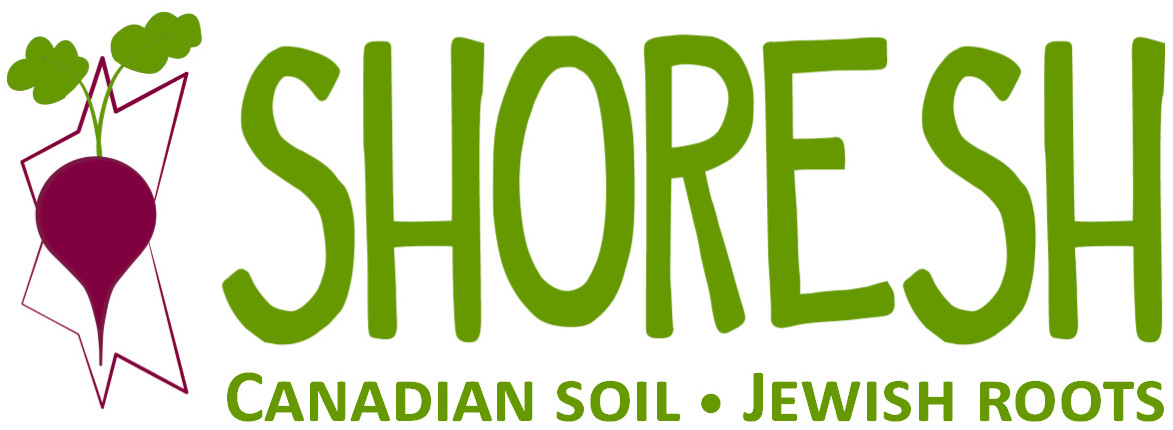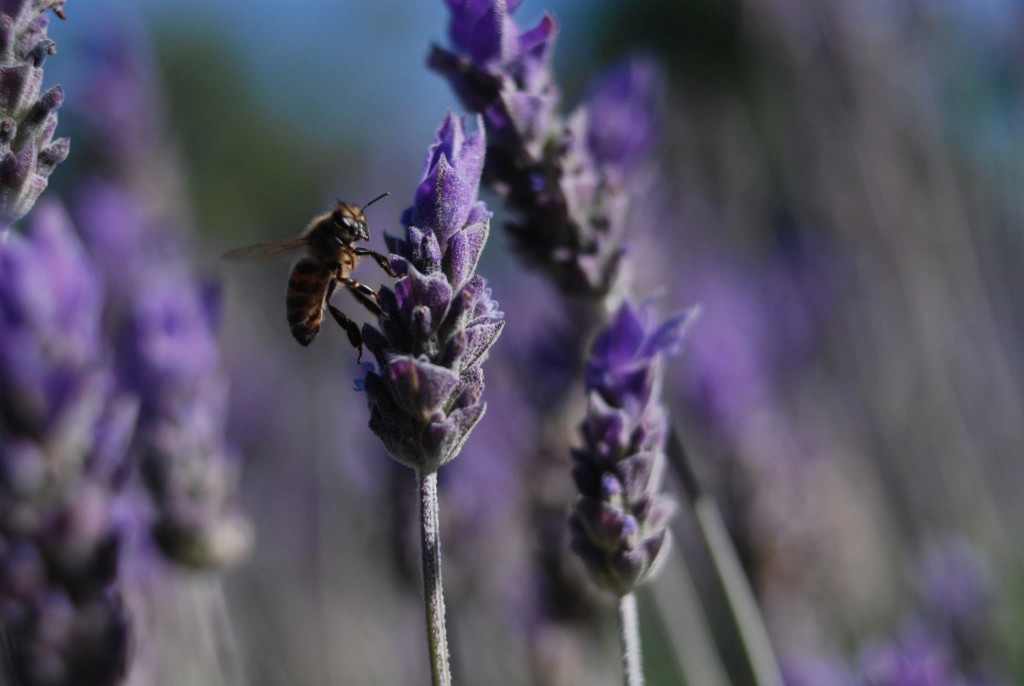Shoresh’s favourite word is “wow” and one of our all-time-favourite sources of wonder and wow is the process of pollination. Watching a bee fly from flower to flower seeking nectar and pollen while inadvertantly spreading pollen from one flower to another and essentially enabling plants to reproduce (think: interspecies sex) is radically amazing.
Bees and other pollinators help to run our world. Through the esssential ecosystem service of pollination we are blessed with over 90 of the crops we enjoy (chocolate, berries, tomatoes, etc) and the majority of flowering plants. Pollinators make our world fruitful, beautiful and magical.
Sadly, our pollinator friends are in big trouble. All over the world, their populations are declining due to human activity (e.g. habitat loss, pesticide use, climate change, fear, etc) but there is much YOU can do.
From a decade of personal experience and research, we believe that the most important action everyone of us can do to save the pollinators is to plant flowers for them.
Whether you live in a condo at Yonge and Eglinton, a suburban home in Thornhill, an estate in Forest Hill, a shack in the woods or an apartment in the Annex, you can help the pollinators by planting clean and nutritious food for them.]
Here’s our top ten favourite pollinator-attracting plants for the urban conservationist (the first 5 will grow well in containers on a balcony or patio):
- Lavendar
- Tulsi (Sacred Basil)
- Oregano (I love the Italian variety)
- Scarlett Runner Beans
- Calendula
- Sunflower
- Hollyhock
- Monarda
- Cup Plant
- Milkweed
Now is the season to plant so don’t delay. Make sure to buy untreated and organic plants from a reputable grower who can confirm that your seedlings haven’t been treated with neonictinoids or other chemicals. Our favourites are Urban Harvest and Fiesta Gardens.
To learn more about the amazing symbiotic world of pollinators and plants, check out these books and links:
- The Hidden Beauty of Pollinaton (Ted Talk)
- Bee Time: Lessons from the Hive by Mark Winston
- Victory Gardens for Bees: A DIY Guide to Saving the Bees by Lori Weidenhammer
- 100 Easy-to-Grow Native Plants For Canadian Gardens by
- Keeping The Bees: Why All Bees Are At Risk And What We Can Do To Save Them by Laurence Packer
And if you have any questions about your pollinator garden, please email sabrina@shoresh.ca. We’re here to help #savethebees.


